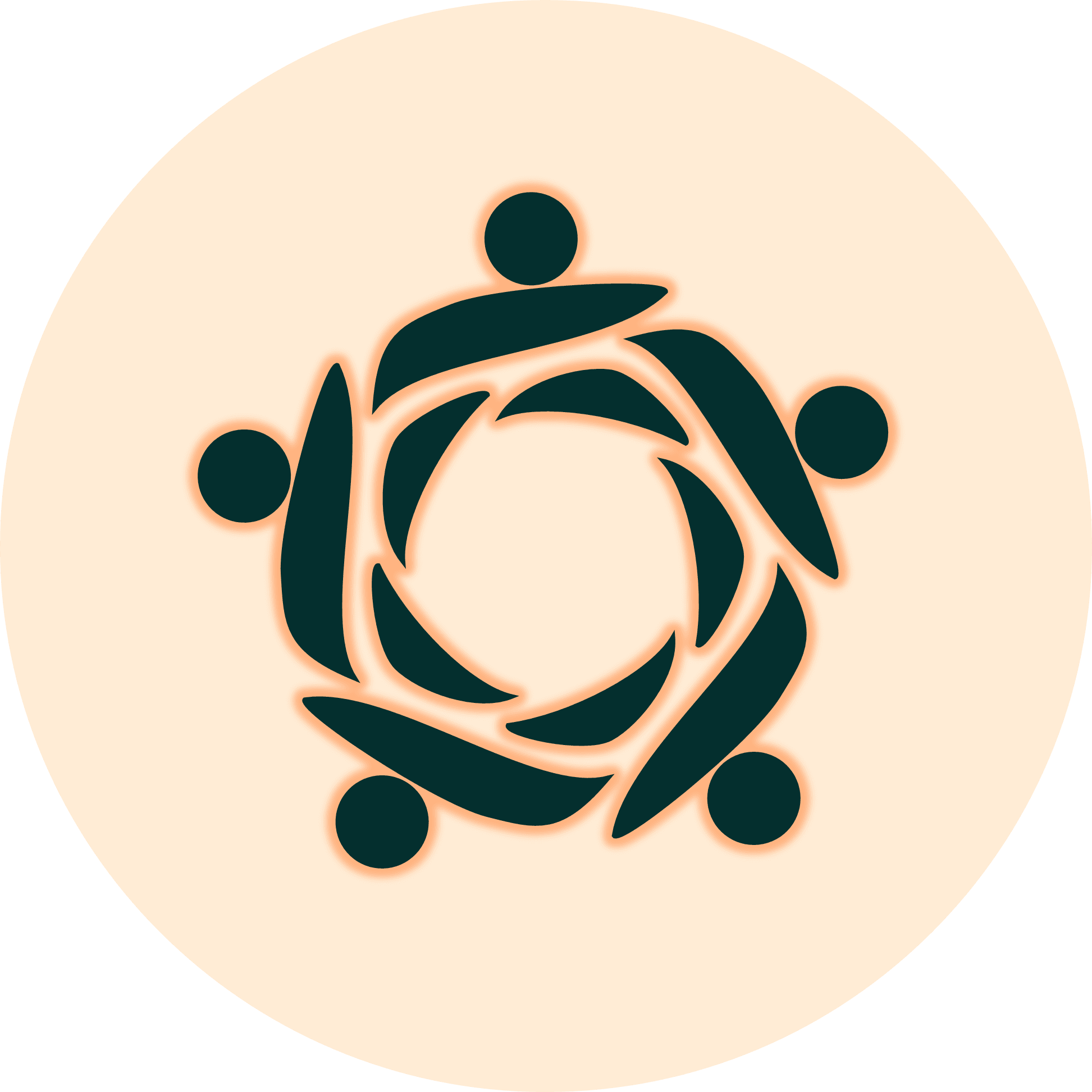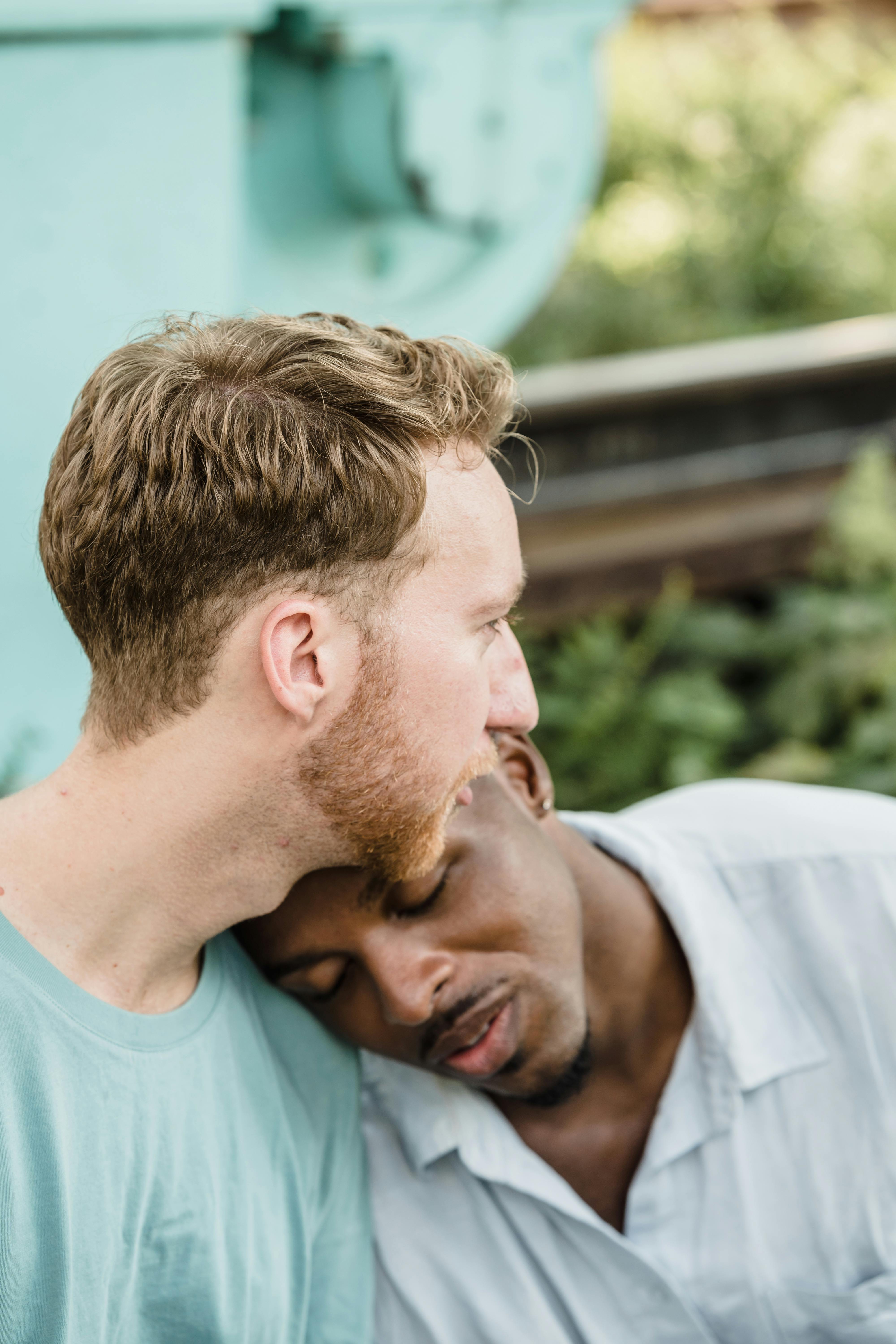Individual guideline
Maintain and deepen your relationships with others
Positive relationships are among the most important contributors to our health and happiness. However, all relationships require care and attention to thrive.
- Strive to develop a close circle of supportive people you can trust and count on.
- Care for others by fostering mutually-beneficial, intimate, open, and trusting relationships.
- Pay attention and be responsive to the social needs of others.
- Learn and practice the social skills needed to navigate social challenges and maintain healthy relationships, including good communication, compassion, and boundary-setting.



Additional considerations
Creating and sharing experiences – by engaging in novel, interesting, and rewarding activities – is important for maintaining strong relationships. Engaging in activities together, whether simple or elaborate, helps to build common memories and strengthen bonds.
Shared experiences provide opportunities for fun and excitement and are important for keeping relationships dynamic and engaging. Trying new activities together, such as taking a dance class or exploring a new city, can introduce a sense of adventure and novelty into the relationship. These activities not only create positive memories but also help to reinforce the bond through shared joy and discovery.
However, creating shared experiences means you must be available and accessible. Prioritizing your availability and to others is important. By being reliable and making yourself available for shared experiences, you demonstrate your commitment to the relationship. For example, if a friend invites you to an event, making an effort to attend shows that you value their company and the relationship. Similarly, being accessible when someone needs support or wants to share something important reinforces the strength of your connection.
Creating shared experiences doesn’t have to be complex. Even simple tasks, such as sharing meals, whether at home, in a restaurant, or at a community event, can strengthen relationships by providing time for conversation and bonding over food. Similarly, inviting friends or family to join you for everyday tasks like grabbing a coffee, going shopping, or getting a haircut can turn mundane activities into valuable social interactions.
One strategy to ensure you are creating shared experiences is by creating routines. For instance, setting aside one night a week for a special date or a casual dinner with a friend ensures that you have dedicated time to reconnect and share experiences. This regularity helps to maintain a sense of closeness and continuity in the relationship.
Of course, sometimes it is important to break the routine and do special things together. Regularly planning date nights or dedicated times for social interaction provides opportunities to build memories together. Incorporating positive experiences and finding novel activities to share helps foster positive relationships. Celebrating together, whether it's a big event like a promotion or small victories like a successful week, fosters a sense of joy and unity. Laughing together over shared jokes or fun activities strengthens bonds and creates a reservoir of positive emotions to draw on during tougher times. For example, attending a comedy show or playing a fun game together can bring laughter and light-heartedness into the relationship, making it more resilient and enjoyable.
In selecting how you build memories and experiences with others, it’s important to be mindful of each other's preferences and boundaries when planning shared experiences. For instance, if one partner enjoys outdoor activities while the other prefers indoor pursuits, finding a balance that accommodates both interests is key. This shows respect for each other's likes and dislikes and helps to create experiences that are enjoyable for both parties. For example, alternating between going on hikes and having movie nights can ensure that both partners feel their preferences are valued.
Additional resources

CARES Social and Emotional Learning Standards
Provide a set of social and emotional learning standards that focus on cooperation, assertiveness, responsibility, empathy, and self-control. Developed by the Center for Responsive Schools, they help educators integrate social and emotional learning into various educational contexts.

A leading organization in relationship research, offering evidence-based tools for improving communication and emotional connections in relationships. Founded by Drs. John and Julie Gottman, it provides resources like workshops, online courses, and the "Gottman Method."

The Collaborative for Academic, Social, and Emotional Learning Wheel
Outlines five core competencies for social and emotional development: self-awareness, self-management, social awareness, relationship skills, and responsible decision-making. It promotes equitable learning environments across classrooms, schools, families, and communities.

Focuses on social and emotional learning for adults, highlighting the importance of social awareness and relationship skills. It provides insights into empathy, cultural humility, active listening, and conflict resolution for fostering positive relationships.

An online resource that offers advice and strategies to improve social skills and build confidence. It provides practical guides on topics like overcoming social anxiety, making friends, and developing communication skills.

An online platform offering resources to develop essential life skills, such as communication, emotional intelligence, and social skills. It provides practical advice to help users build a solid foundation for personal and professional success.

A platform offering resources to improve social skills and relationships. It includes articles, guides, and courses designed to help users overcome social anxiety, navigate social situations, and build confidence.

Provides resources to help individuals, particularly those with special needs, develop social skills. It includes tools like social stories, visual cues, and interactive games to teach positive social behaviours.

Growing Friendships: A Kids' Guide to Making and Keeping Friends
By Dr. Eileen Kennedy-Moore and Christine McLaughlin, helps children make and keep friends through relatable advice and strategies, teaching them to navigate the complexities of childhood friendships.

Frientimacy: How to Deepen Friendships for Lifelong Health and Happiness
By Shasta Nelson, explores how to cultivate deep, meaningful friendships, offering practical advice and tips for nurturing these essential relationships for lifelong health and happiness.

How to Be an Adult in Relationships: The Five Keys to Mindful Loving
By David Richo, provides a framework for cultivating healthy relationships using the "Five Keys to Mindful Loving," combining psychological principles and mindfulness practices.

Big Friendship: How We Keep Each Other Close
By Aminatou Sow and Ann Friedman, discusses the challenges and joys of maintaining deep, lasting friendships, emphasizing the importance of communication, commitment, and care.

The Other Significant Others: Reimagining Life with Friendship at the Center
By Rhaina Cohen, argues for the importance of friendships, challenging the idea that romantic relationships should be the central focus of our lives.

We Should Get Together: The Secret to Cultivating Better Friendships
By Kat Vellos, offers practical advice for adults looking to create and maintain meaningful friendships, addressing common barriers and providing strategies for deeper connections.

The Art of Gathering: How We Meet and Why It Matters
By Priya Parker, explores how to create meaningful and intentional gatherings, providing practical advice for fostering connection, creativity, and belonging.

How to Know a Person: The Art of Seeing Others Deeply and Being Deeply Seen
By David Brooks, delves into the art of truly understanding and connecting with others, offering insights on empathy, active listening, and building deeper relationships.

We Need to Hang Out: A Memoir of Making Friends
By Billy Baker, reflects on adult friendship, highlighting the challenges and importance of maintaining social connections in a modern world.

Friendship in the Age of Loneliness: An Optimist's Guide to Connection
By Adam Smiley Poswolsky, offers strategies for building meaningful friendships in an increasingly disconnected world, emphasizing the need for intentional relationships.

Supercommunicators: How to Unlock the Secret Language of Connection
By Charles Duhigg, provides tools to enhance communication skills, helping readers connect more deeply with others and navigate challenging conversations.

Set Boundaries, Find Peace: A Guide to Reclaiming Yourself
By Nedra Glover Tawwab, offers practical advice on setting healthy boundaries to foster personal growth and mental wellbeing.

Attached: The New Science of Adult Attachment and How It Can Help You Find—and Keep—Love
By Dr. Amir Levine and Rachel Heller, explores attachment theory in adult relationships, offering insights and strategies to foster secure and healthy connections.

